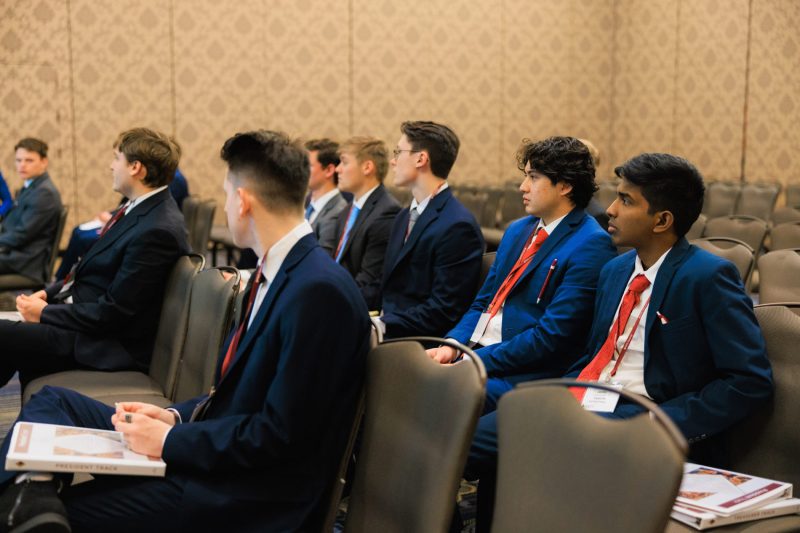Resources
Stay up to date on all things PIKE. Whether you’re looking for the latest marketing materials, wanting to share your experience with our brotherhood, or exploring resources to support you in your leadership role, you’ve come to the right place.


Still Searching? Try These:

